When a song comes on, and on it you hear some drums (percussions), some shakers, some woodwind instruments, some sounds from a musical keyboard, and sounds from a guitar, there is a very high possibility that you are listening to a song that falls under the music genre called Afrobeat. Afrobeat music with its BPM (beats per minute) that ranges between about 95 bpm and 120 bpm, usually makes people of any race or background (want to) dance, and shake off the stress in them. This music genre exists today greatly thanks to a man called Fela Kuti.
The name Fela Kuti is quite a famous one, not only in the face of music but also as a controversial character that rocked the Nigerian government. He was not your typical gentleman, and in his popular song “Gentleman” released in 1973, he sings “ah no be a gentleman like that, ah be Africa man original.”
Popularly known as Abami Eda, Olufela Olusegun Oludotun Ransome- Kuti was a popular African musician of Nigerian descent. With a music genre that carries a combination of Yoruba style, and American blues and Jazz, he paved his way and established himself in African music as the pioneer of Afrobeat both in Africa; and the world at large.
Fela Kuti was born on October 15, 1938. He was the son of feminist and labor activist Funmilayo Ransome-Kuti which justified his desire to become a Pan-Africanist. Prior to his studies at classical music at Trinity Laban Conservatoire of Music and Dance College in London in 1959, he took lessons in piano and percussion. In 1960, he returned to Nigeria to reconstitute the band with which he had played in London. He was skilled in playing multiple instruments, including the trumpet, saxophone, keyboard, guitar and drums.
In 1963, he recruited a young drummer, Tony Allen who became the de facto Band leader of Koola Lobitos. In 1969, they embarked on a 10 month tour of America. Inspired by politicians such as Malcolm X, Black Panthers, amongst others, Kuti was able to contribute his views in politics via his music which was expressed in songs such as “Monkey Banana,” “Zombie,” and “Beasts of No Nation.”
Kuti opened a nightclub in 1970, called the Afro-Spot at the Empire Hotel in Surulere Lagos, and then changed the name of his band from Nigeria 70 to Africa 70. It was after these changes that he took his music to another dimension and called it Afrobeat. It had a combination of JB’s guitar funk, jazz , and traditional African rhythms. With many releases that year amongst which there was the album Fela Kuti, Live; he lived in his moment of glory.
In 1971, he relocated his club and changed its name to The Shrine. From 1971 to 1977, he maintained his fame with consistent album releases, most of which derided the government, and his commune suffered the consequences; properties were destroyed including his album and 55 people ended up in hospital beds. Following this unfortunate incident, he was deserted by his band due to lack of payment.
In 1980, he went ahead to create another band Egypt 80 with whom he released albums such as “Black President” and “Unknown Soldier.” He toured the world with an entourage made of 70 men and women. Despite his numerous arrests and ailment, Fela continued to release albums till he died on August 02, 1997. After his demise in 1997, his music legacy was carried on by his two sons Seun and Femi and his style maintained by bands out of Nigeria.
In recent decades, Afrobeat has taken over the music industry in Nigeria and Africa. Thanks to this music genre, artists such as Davido, Tiwa Savage, Mr Eazi, BurnaBoy and Wizkid have established themselves as legendary music icons in the continent of Africa.
Fela Kuti’s musical footprints have been deeply rooted into the African soil and continue to reign. His name will live forever. Legendary!
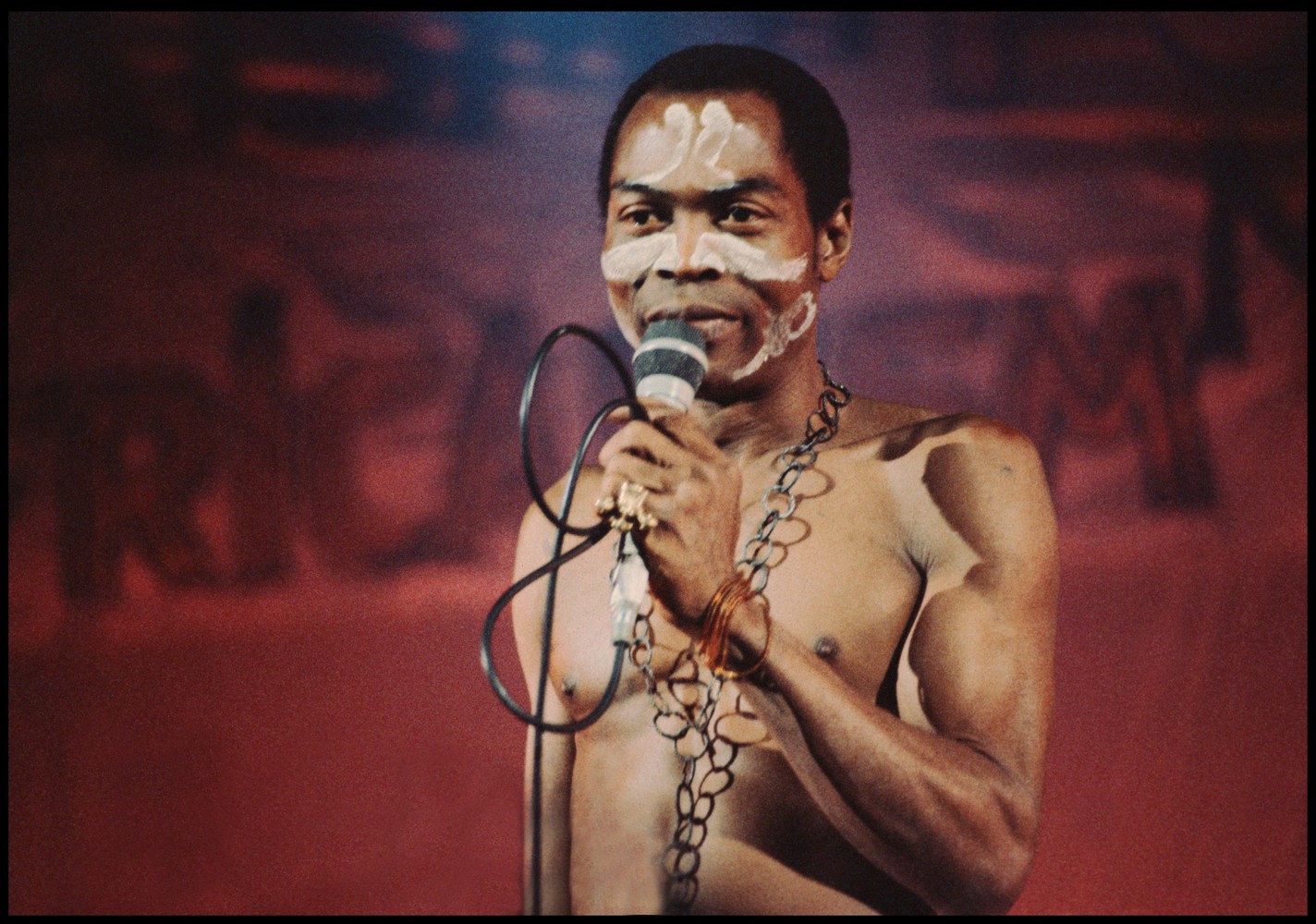
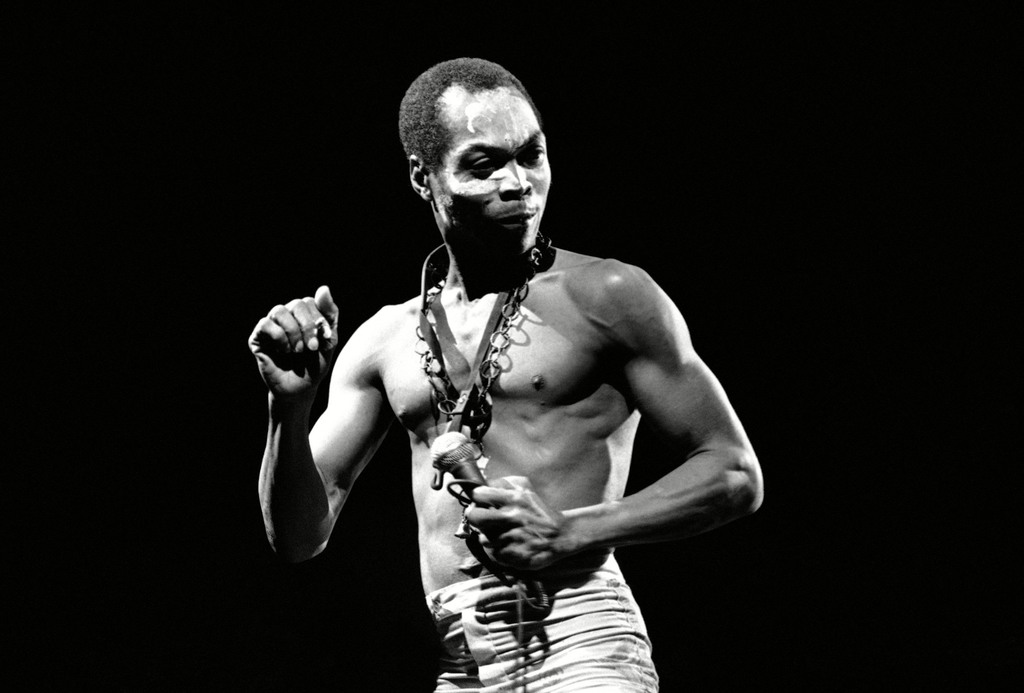

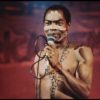


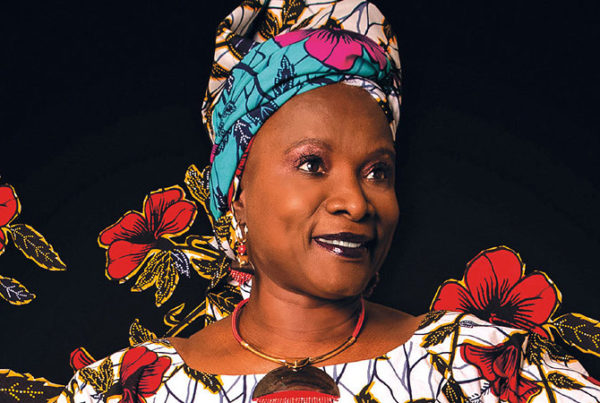
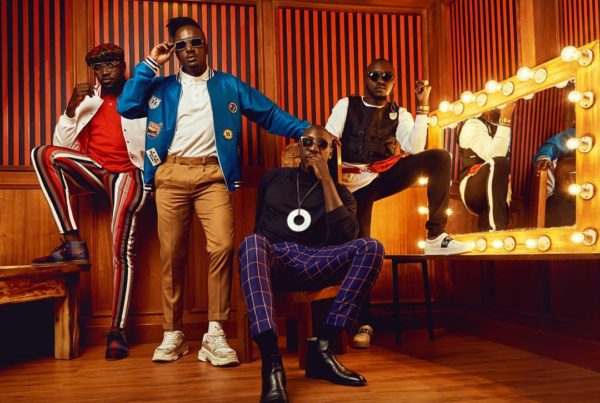

What a catchy article. Kudos ASB and your team. Lol I thought fela was still alive